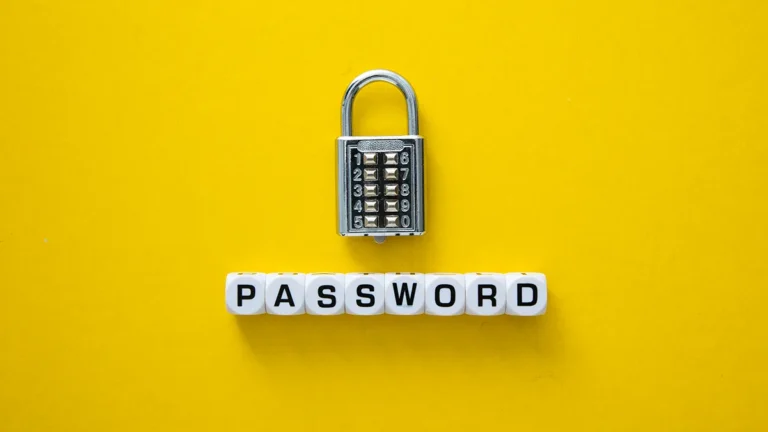Hey babes! Okay so another article on scams and we know you probably have heard all tis stuff before but we’re gonna give you ALL the info you need about scams. What the scams are like, what happens if you fall for them and what to do to protect yourself, so sit down, open that notes app and jot this shit down!
Be Wary Of Those “Sponsored” Links
Let’s say you search up ‘Amazon Alexa customer service’ on google and you click the first link. STOP, that was your first mistake. Never click any link on google with the word sponsored for it because these overseas scamming companies buy slots to put their sites on top for unsuspecting people to click on. Now, let’s say you filled out a questionnaire to get contact support but they ask for an email.
No One Wins Money THAT Easy
Never put your email in because now, they’re going to flood your inbox with a bunch of fake bullshit like ‘YOU JUST WON $1000 A MONTH’ or ‘FREE APPLE WATCH, CLICK HERE!!!’. Boo, as lit as that would be, it aint real. These are called phishing sites that try to steal your info and banking information. Save your time and your inbox and sipe past those sponsored sites!
College Students? Well, You’ll Also Be Victims
Another email scam is targeted towards students. Now as a student, we know y’all are up in that dorm eating that small bag of .25 cent cheetos half filled with air and calling it dinner. Times are tough and money is tight, but that doesn’t mean you need to fall victim to job scams. Sometimes, your college’s email system is not as secure as you think and some scammers can sneak their way in, getting your email. They’ll send you job offers such as these:

Honey, as good as that sounds to be making $400 a week for only 4 hours a week, it ain’t real. These people are preying on young adults who they know are trying to survive and make a living in this world. They’ll ask for your information such as name, address, banking info and more, promising that they will send you all the equipment free of charge if it’s a remote job or even pose as a professor from your college to lure you in.
They’ll send you a counterfeit check and tell you to deposit it, but once you do, they’ll steal your money and the check will bounce back leaving you with no money, seriously leaving you broke as a joke
Protect Ya Self
These scams can be intimidating especially if you fall for them, but here are some tips to protect yourself and what to do if you fall victim to them.
- First of all, NEVER give out your personal information unless you know the people you are giving it to are legitimate.
- Delete any email, text or voicemails that seem like scams based on what you just read
- Most scam emails have in very fine print at the bottom to ‘UNSUBSCRIBE’. Click that so
they dont flood your inbox anymore
- Do not click on any links for things you don’t remember buying
- Make a password that is hard to guess and change it every few months
- If you happen to give any banking information out or do deposit a counterfeit check, call your bank IMMEDIATELY and report it. They’ll lock your account until the issue is solved and most likely will send you a new card
- Considering investing in a monthly VPN, like VPN Shark or NORD VPN that way scammers can’t access your info from your computer
Don’t worry my honeys, we got you back with all this good information. As long as you follow these steps and keep them in mind, your private details won’t be out in the world for people to be snatching up. Protect yourself and keep them walls up!




